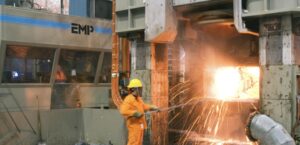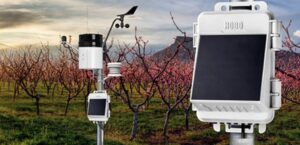Must-Have ERP Features for Food Processors
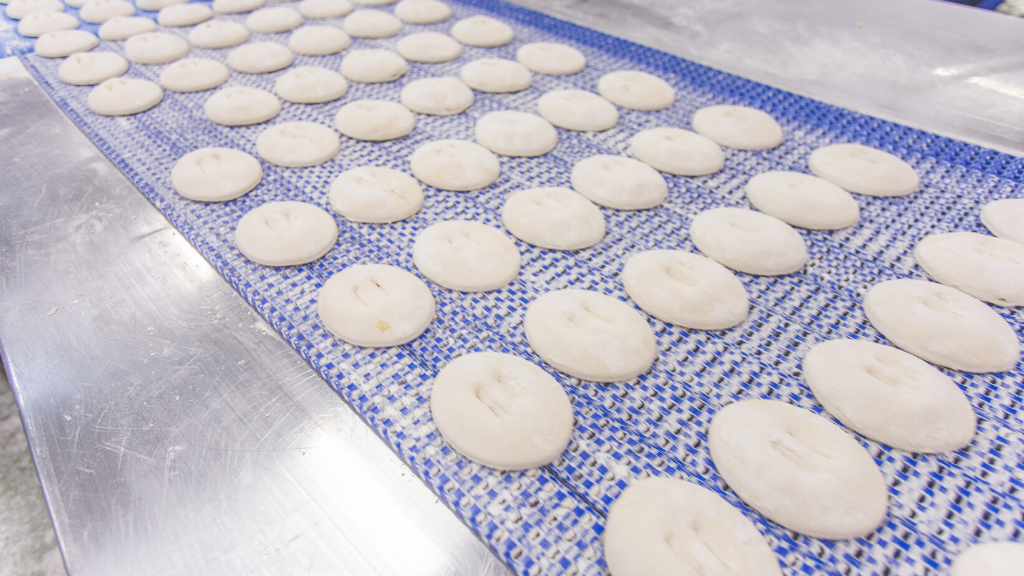
Food processors have always faced tough challenges, but they have intensified in the wake of COVID-19. Those challenges also include recordkeeping and lot-tracking requirements of the Food Safety Modernization Act (FSMA) and other regulations, making it necessary to identify and track every ingredient in their products.
Because they must follow these ingredients from the time they receive them and on through processing, packaging, and shipping, food manufacturers are looking for innovative technology to make it possible to achieve this degree of traceability and manage their operations.
Modern enterprise resource planning (ERP) solutions make it possible for the food industry to gain complete visibility into their processes and meet those strict requirements while eliminating recalls and delays. Food manufacturers and processors need ERP systems that also can indicate corrective measures, pre-emptive actions, and statistical process control proficiencies.
Your current ERP may not be fulfilling your company’s needs, and you need to upgrade it. Or perhaps you’re a first-time buyer and want to implement a new system. Either way, here are the features to ensure your organization’s maximum productivity, quality, and safety.
Quality and supply chain management
Food processors need an ERP system that manages production quality and can track data in every area of manufacturing and supply during production. Choose an ERP system that links quality functions with supply chain management to give your company a complete view of their quality performance in the supply chain, starting at their suppliers’ operations and up to the delivery to their customers.
Traceability
The means to trace all lot information for ingredients and finished goods, along with isolating problems quickly, is a high priority for food processors. They should be able to track individual lots, bins, and packages accurately as they move through processing and distribution. Some processors might even be required to monitor raw materials back to the farms that produced them. High-quality ERPs allow processors to track the history of any product, in real-time, with any Internet connection.
Recipe management
ERP systems must be able to track data related to their batch recipes, including:
- Descriptions
- Properties
- Quantities
- Costs
- Production notes
- History
There should be alerts and notifications concerning possible allergens, and the data may need to be stored for decades. With this extensive amount of data, food processors must rely upon a cloud-based ERP solution that can identify and track information, accessible at any time in the present and for years into the future.
Inventory control
Whenever perishable raw materials are involved, excess inventory is a waste of money and can also result in quality and safety issues. That’s why food manufacturers must keep inventory control near the top of their list of “must-haves.” The ERP system needs traceability features and materials requirements planning capabilities so that food processors can plan their just-in-time delivery of raw materials and ingredients.
Document management
Food processors need a software system that provides electronic document management in place of paper. These documents save time for the workers, increase productivity, and all but eliminate human error. Sales orders, purchase orders, accounting transactions, and item masters are some of the electronic documents that make up a total product history record.
Food safety capabilities
An ERP system must support a comprehensive food safety management plan. It should reinforce hazard analysis, critical control points, HACCP principles, process flowcharting, statistical process controls, electronic signatures, and more. Today’s ERP solutions should offer these functions and enable food processors to evolve from a reactive to a preventive food safety culture.
A single system
Food processors must have a single system that allows them to trace the costs of their products down to the ingredients used in every one of them. At the same time, the system should also manage production, inventory, quality, financials, and any other functions. Every department and location can access the same data—and in real-time.
The ERP experts at Decision Resources, Inc. are on standby to provide the insights and information you need to introduce and maintain an integrated and more efficient way of doing business within your manufacturing environment. If you’re ready to take a step toward transforming your business with an ERP, please get in touch through our online contact form, call 412-562-9660, or email us at info@decision.com.
Similar Blogs
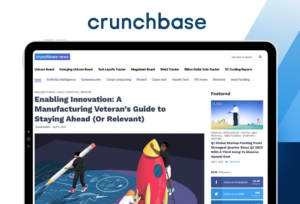
Decision Resources Featured on Crunchbase
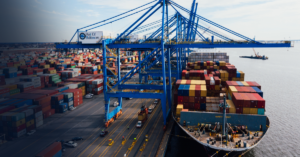
Chips, drugs, and steel — how to prepare for Trump tariffs


